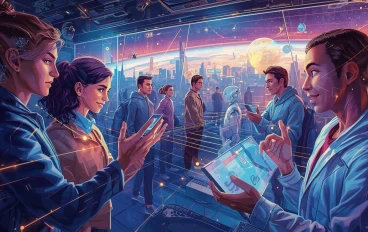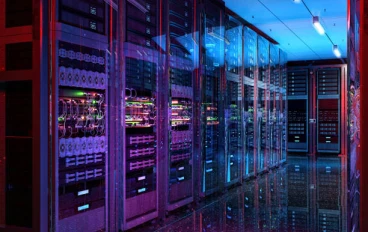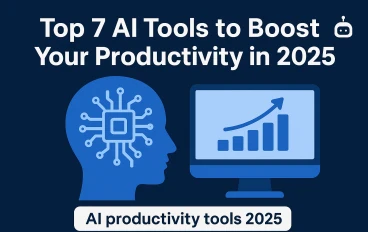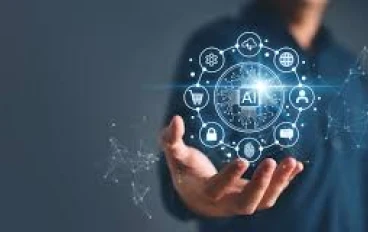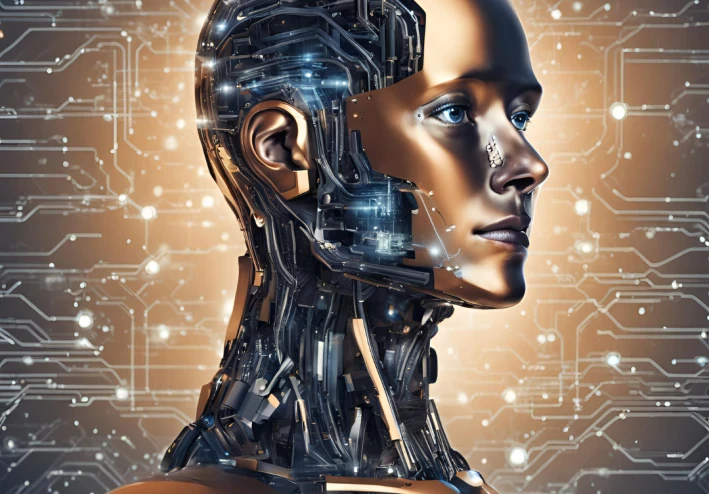
The Impact of Artificial Intelligence on the Future of Work
The Impact of Artificial Intelligence on the Future of Work
Introduction: In recent years, the world has witnessed significant advancements in the field of artificial intelligence (AI), which have profoundly impacted various aspects of life, including the job market. AI technologies are among the primary drivers of digital transformation, reshaping numerous industries and professions. In this article, we will explore the impact of AI on the future of work and how individuals and companies can adapt to these changes.
Impact on the Job Market: AI technologies contribute to increased productivity and efficiency in many fields, leading to improved performance and reduced costs. For example, AI can analyze large volumes of data faster and more accurately than humans, helping companies make more informed decisions.
On the other hand, the growing reliance on AI may lead to the replacement of some traditional jobs, raising concerns about job loss. However, this shift also opens new opportunities in other areas, such as the development and maintenance of AI technologies, data analysis, and cybersecurity.
AI in Various Industries:
Healthcare: AI is revolutionizing healthcare by enabling more accurate diagnoses, personalized treatments, and efficient administrative processes. AI-driven tools, such as predictive analytics and medical imaging, are improving patient outcomes and reducing costs.
Finance: In the financial sector, AI is being used for fraud detection, risk management, and algorithmic trading. These applications help in enhancing the accuracy and speed of financial transactions and decision-making processes.
Retail: AI is transforming the retail industry through personalized shopping experiences, inventory management, and supply chain optimization. Chatbots and virtual assistants enhance customer service, while AI algorithms predict consumer behavior to optimize product recommendations.
Manufacturing: In manufacturing, AI-powered robots and automation systems are increasing efficiency, reducing errors, and lowering production costs. Predictive maintenance powered by AI can foresee equipment failures, preventing costly downtime.
Adapting to the Changes: To avoid the adverse effects of job loss and capitalize on the new opportunities offered by AI, individuals need to focus on developing skills that align with the changing market demands. Continuous education and training in technical and programming skills are becoming essential for success in the future job market.
Companies can benefit from AI technologies by fostering a culture of innovation and encouraging their employees to acquire new skills. Investing in education and training can help build a workforce capable of adapting to new challenges and achieving success in a changing work environment.
The Role of Education: Educational institutions play a crucial role in preparing the future workforce for an AI-driven world. Curricula need to be updated to include AI, machine learning, and data science, ensuring students acquire relevant skills. Additionally, fostering critical thinking, problem-solving, and creativity will be vital, as these human-centric skills will complement AI technologies.
Ethical Considerations: As AI continues to evolve, ethical considerations surrounding its use become increasingly important. Issues such as data privacy, bias in AI algorithms, and the ethical implications of autonomous systems need to be addressed. Ensuring that AI is developed and deployed responsibly will be crucial in gaining public trust and maximizing its benefits.
Conclusion: In conclusion, AI is a driving force transforming the job market by increasing efficiency and productivity. However, it also requires adapting to rapid changes in skills and technology. By investing in education and training, individuals and companies can leverage the new opportunities provided by AI and achieve success in the future. The collaboration between industries, educational institutions, and policymakers will be essential in navigating the AI-driven future and ensuring a balance between technological advancement and human well-being.

































